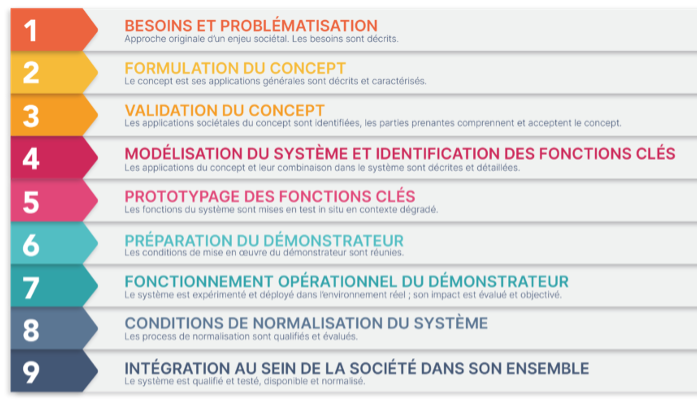Glossary: Definition of Innovation, Understanding Its Challenges and Impacts
Innovation: The term refers to the process of introducing a new idea, method, or product to the market or within a system. It is not limited to technological advancements but also encompasses process, organizational, and social innovations.
🔥 Nous recommandons Ideamap
Ideamap est l’outil idéal pour un brainstorming ou un projet collaboratif. Grâce son interface facile et à ses fonctions IA, Ideamap booste votre créativité tout en favorisant une meilleure organisation de vos idées pour atteindre vos objectifs.
Challenges of Innovation: The challenges of innovation are numerous. They include the need to achieve a competitive advantage in the market, to meet consumer expectations, and to adapt to an ever-changing economic environment. Innovation also serves as a response to societal and environmental challenges, allowing for a balance between performance and sustainability.
Economic Impact: Innovation has a significant impact on economic growth. It creates new business opportunities, increases productivity, and can lead to job creation. Companies that manage to innovate effectively are often better positioned to expand into new markets.
Technology and Innovation: Innovation is often associated with technology. Technological advancements open pathways to new products or services while streamlining existing processes. However, it is essential not to reduce innovation to mere technical advancement; it also includes organizational innovations and business model innovations.
Responsible Innovations: This refers to innovation methods that take into account the environmental and social impacts. Responsible innovation aims to create value while respecting ecological constraints and promoting the well-being of communities. It reinforces the idea that sustainable progress is necessary for the future.
Design Thinking: This user-centered approach fosters creativity and open innovation. It seeks to reconcile user needs with business objectives through multidisciplinary collaboration. Design thinking allows new perspectives to emerge and energizes the innovation process.
Competitive Advantage: Innovation can provide a company with a competitive advantage by differentiating it in the market. This can result in unique products, enhanced services, or more efficient internal processes, enabling it to attract and retain customers.
Sustainability: An increasingly important aspect of innovation is its relation to sustainability. Integrating sustainable practices into the innovation process has become essential for companies seeking to remain competitive and to meet the growing consumer demand for responsible products.
Risk and Innovation: Innovating inevitably involves a risk-taking. Success is never guaranteed, and companies must be prepared to manage failures and learn from those experiences. This is an integral part of the innovation process, which requires agility and adaptability.
Collaborative Economy: This economic model illustrates the impact of innovation on current consumption patterns. Through networking and collaboration among various actors, particularly via digital platforms, the collaborative economy will transform traditional business practices.
Innovation Education: Training individuals in innovation is a major challenge today. Skills in creativity, problem-solving, and collaboration are essential to prepare future leaders and entrepreneurs to navigate a constantly changing world.














